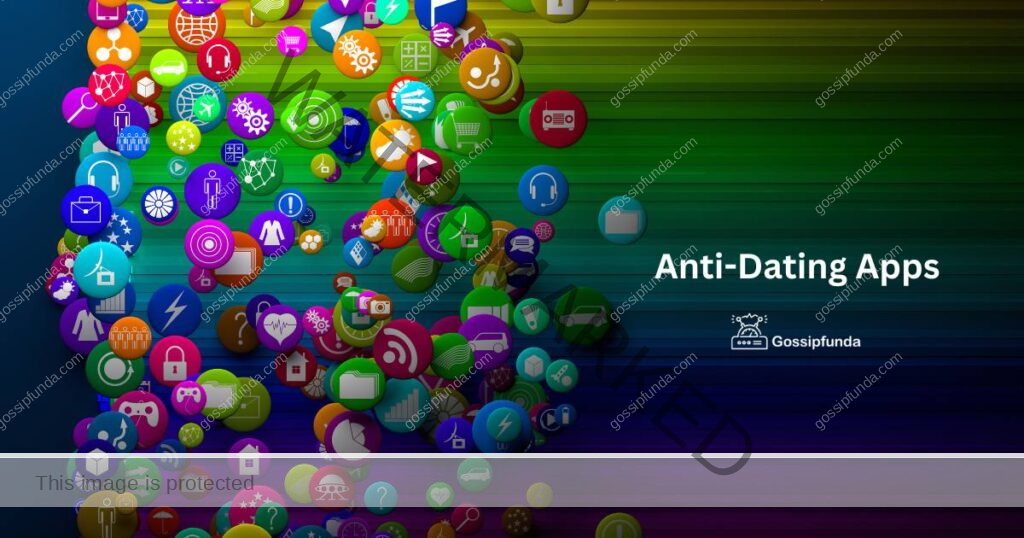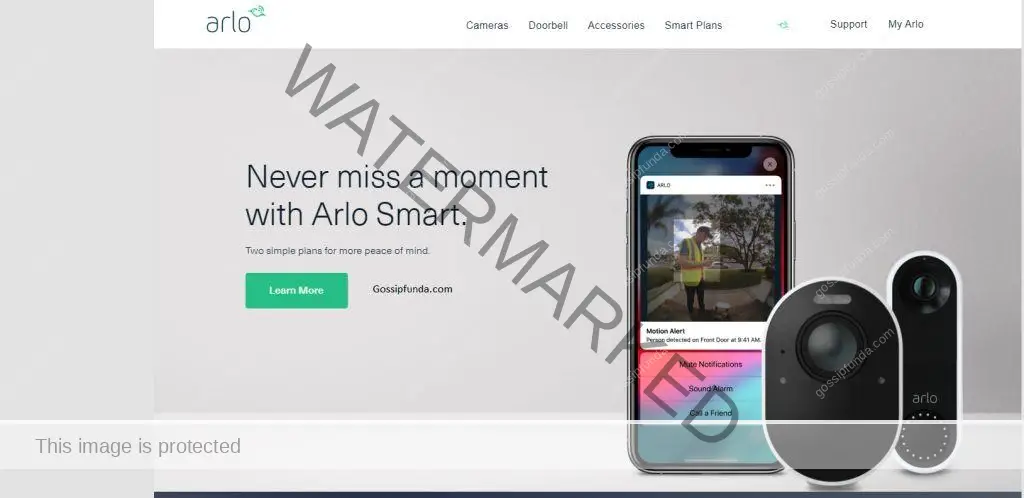The end of a romantic relationship can be a challenging and lonely time. The late-night thoughts, the temptation to reach out to an ex, and the fear of being alone can be overwhelming. Yet, in our modern world, a new breed of apps has emerged to help individuals navigate the turbulence of a breakup.
ExpressVPN’s blog highlights top apps designed for friendship and breakup recovery. For those navigating heartbreak, apps like Mend, Breakup Boss, and No Contact Rule come highly recommended. On the other hand, if you are looking to forge new friendships, BumbleBFF, HEY! VINA, Atleto, and Pawdate are among the top suggestions. These anti-dating apps offer tools to guide individuals through recovery, promoting self-care and personal growth.

The Birth of Breakup Support Apps
The inception of these apps is often rooted in personal experience. Take, for example, Mend, an app designed to be a supportive friend in times of heartbreak. Elle Huerta, the CEO and founder of the app, was inspired to create Mend following her challenging breakup. She found herself alone in a big city, feeling disconnected and struggling with the heartbreak that seemed to persist around the clock.
Mend was designed to be comforting, particularly in the initial aftermath of a breakup. The app promotes self-care through journaling, tracking daily activities, and providing access to audio training from mental health and wellness experts.
A Personalized Path to Recovery
Personalization is a crucial component of these apps. Rx Breakup is an example of such an app. Created by Stila Cosmetics founder Jeanine Lobell and therapist Jane Reardon, Rx Breakup provides a 30-day, three-step program featuring analytical writing exercises to help users understand their emotions and replace unhealthy coping mechanisms with positive changes.
The aim is to tailor the user experience to the individual’s unique situation. “We saw a need and thought we could fill it,” Reardon shared in an interview with Vogue.
Proactive Self-Care
Another app offering a unique approach to breakup recovery is Breakup Boss, designed by Australian author and relationship columnist Zoe Foster Blake. The app features proactive tools to prevent post-breakup missteps, such as sending ill-advised messages to an ex in moments of weakness.
These tools help users focus on the positive aspects of being single and offer motivational quotes and advice to encourage personal growth. The app’s standout feature is the ability to draft messages to an ex without the risk of actually sending them, allowing users to vent their feelings without regret.
The Therapeutic Potential and Limitations of Apps
While these apps incorporate therapeutic methods such as journaling and emotional release, they can only partially replicate the benefits of face-to-face therapy. Certified therapist Beverley Hills advises caution, noting that these apps don’t allow for multi-perspective discussions or exploration of past relationship dynamics.
However, for many users, these apps can be a more accessible alternative to therapy. “I wanted therapy but couldn’t afford it, so this was the next best thing,” shared Verity, a 24-year-old Mend user from London.
Overcoming Social Stigma
The rise of these apps signifies a shift in societal attitudes towards breakup recovery. Breakups and heartbreak, once dismissed as something to “get over,” are now recognized for their potential to cause significant emotional distress.
The increasing focus on self-care in millennial culture and the instant connectivity technology offers provide a timely opportunity for these apps. They offer a convenient way to facilitate healing at one’s own pace, outside of the traditional therapeutic setting.
Data Privacy Concerns
As with any online platform, digital privacy is a concern. Users should be aware that there’s no guaranteed privacy when conducting anything online. Despite these concerns, many users, like Verity, find the benefits of these apps outweigh potential privacy risks.
The Success Paradox
Interestingly, the success of these apps lies in their eventual redundancy. The more effective they are at helping users recover from a breakup, the less their services are needed. Verity, for example, stopped using the app once she started feeling better, which she saw as a positive sign.
Conclusion
In summary, anti-dating apps offer a new approach to breakup recovery. These apps provide personalized tools and resources to guide individuals through healing, promoting self-care and personal growth. While they can’t replace face-to-face therapy, they are an accessible alternative, particularly for those who can’t afford traditional counseling.
However, as with any digital platform, users should be aware of potential privacy concerns. Despite these limitations, these apps provide a valuable service, helping individuals navigate the challenging period following a breakup.
I am passionate about my work. Because I love what I do, I have a steady source of motivation that drives me to do my best.
I’m not comfortable with settling, and I’m always looking for an opportunity to do better and achieve greatness. I have a keen interest in the technical field. Apart from this, I am a social media influencer.


